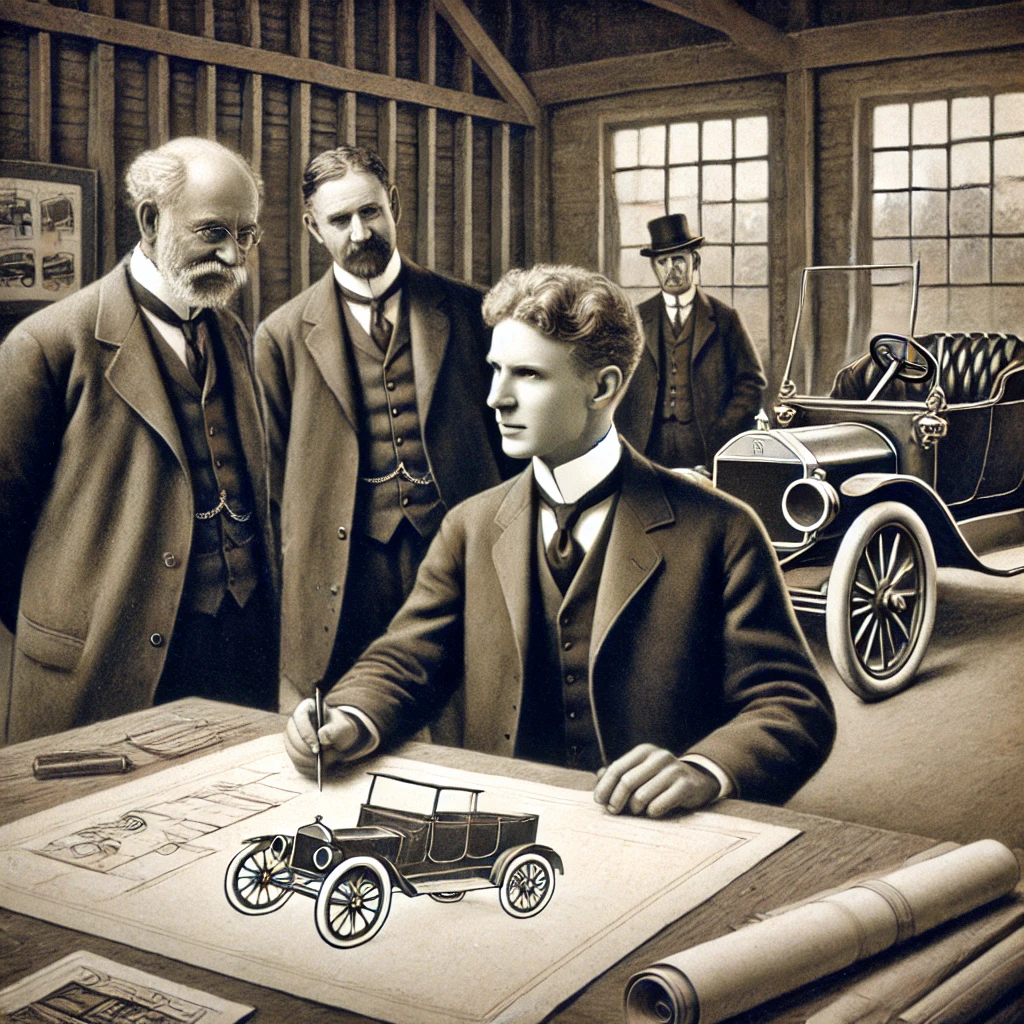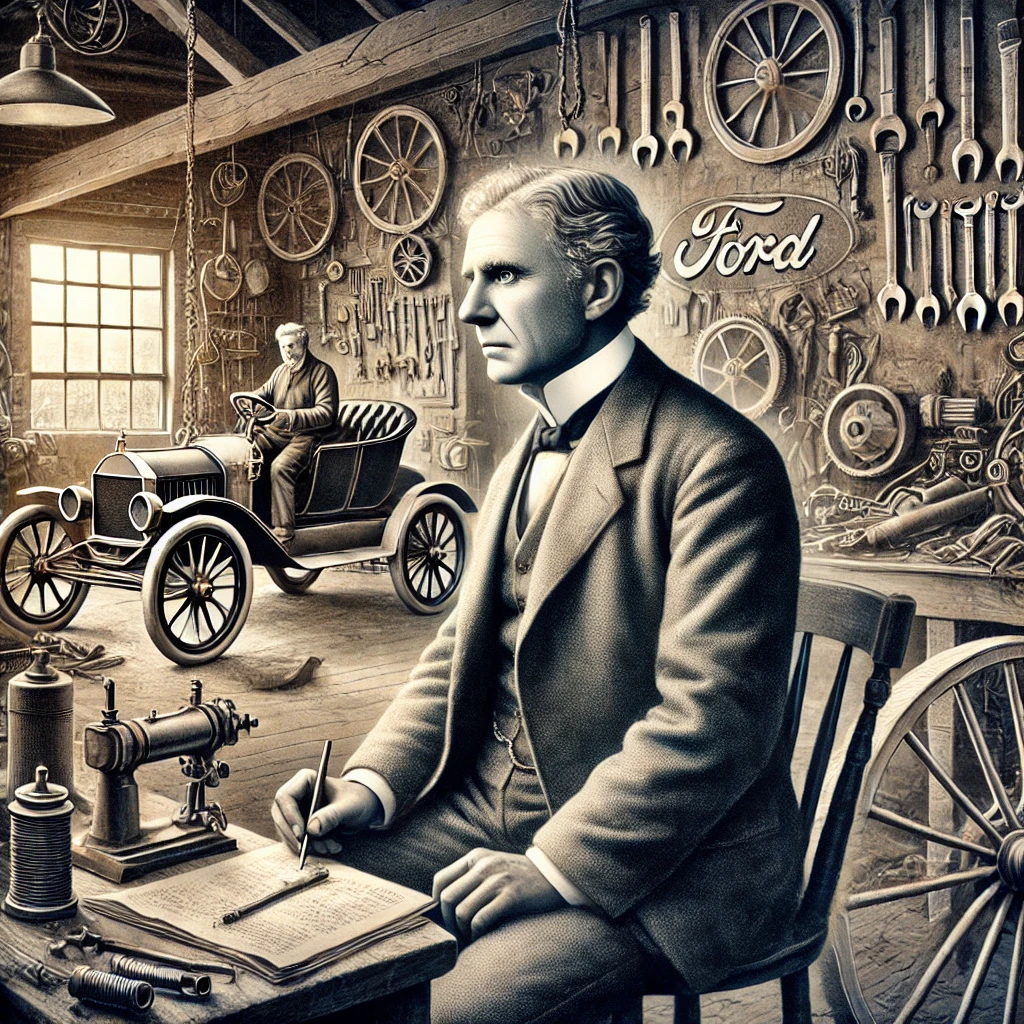On August 15, 1899, Henry Ford made a pivotal decision to leave his position at the Edison Illuminating Company to pursue his passion for automobiles. Ford, who had been working as an engineer and gaining valuable experience at Edison, was driven by his vision of creating an affordable and practical automobile for the masses. His departure from Edison marked the beginning of his journey towards revolutionizing the automotive industry.
Ford’s decision was influenced by his growing interest in mechanical engineering and his belief in the potential of automobiles. He had already been experimenting with gasoline-powered engines and had developed a prototype for a self-propelled vehicle. Leaving Edison provided Ford with the opportunity to focus on his automotive pursuits full-time and lay the groundwork for what would eventually become the Ford Motor Company.

The Founding of the Ford Motor Company
Shortly after leaving Edison, Ford founded the Detroit Automobile Company in 1899, which was his first attempt to bring his automotive vision to life. However, the company faced financial difficulties and was eventually dissolved in 1901. Undeterred, Ford used the experience to refine his approach and establish a new company, the Henry Ford Company, in 1901. This venture also faced challenges and was ultimately reorganized.
In 1903, Ford successfully founded the Ford Motor Company, which marked a turning point in his career and the automotive industry. The introduction of the Model T in 1908 revolutionized transportation by making cars affordable and accessible to the general public. Ford’s innovative approach to manufacturing, including the implementation of assembly line production, significantly lowered costs and increased efficiency, setting new standards in the industry.

The Legacy of Henry Ford
Henry Ford’s departure from Edison and the subsequent founding of the Ford Motor Company had a profound and lasting impact on the automotive industry and American society. Ford’s vision of producing reliable and affordable automobiles transformed personal transportation and contributed to the development of modern industrial practices.
Ford’s emphasis on mass production and his introduction of the $5 workday were revolutionary in shaping the labor market and industrial efficiency. His legacy extends beyond automobiles; it encompasses innovations in production techniques, labor relations, and business practices. The Ford Motor Company continues to be a leading player in the automotive industry, and Henry Ford’s contributions are celebrated as foundational to the development of modern transportation.

The decision by Henry Ford to leave Edison on August 15, 1899, and his subsequent founding of the Ford Motor Company, marked a significant turning point in both his career and the automotive industry. Ford’s innovations and vision for affordable automobiles reshaped transportation and industrial practices, leaving a lasting legacy that continues to influence the automotive world today.
